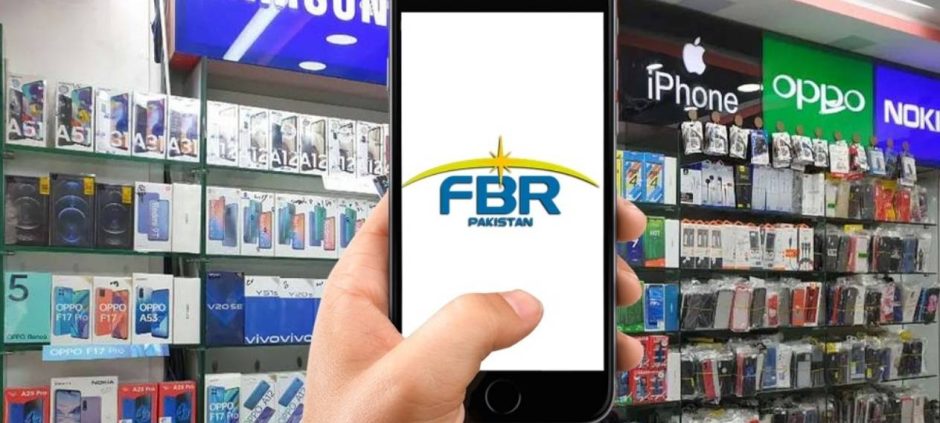The Federal Board of Revenue (FBR) has brought 40,000 retailers under its POS network, covering 38 percent of Tier-1 retailers. This expansion marks a significant step toward formalizing the economy and improving tax compliance.
According to FBR officials, Pakistan’s tax-to-GDP ratio increased to 10.3 percent in 2024-25, the highest in recent years. This is a notable rise from 8.8 percent in the previous year. The growth is largely driven by higher direct taxes, which now contribute 5.1 percent of GDP, while sales tax accounts for 3.4 percent.
The FBR also highlighted progress in dispute resolution, which helped recover Rs. 255 billion in outstanding taxes. Targeted reminders to taxpayers boosted admitted tax liability to Rs. 218 billion, compared to Rs. 160 billion last year.
Digital enforcement continues to yield results. The FBR reported that real-time production monitoring in the sugar sector recovered Rs. 25 billion. Similarly, Rs. 12.8 billion was recovered from the cement sector through improved monitoring and compliance measures.
FBR officials said these efforts are part of a broader strategy to broaden the tax base and reduce leakages. The POS system allows authorities to track retailer sales in real time, improving transparency and ensuring proper tax reporting.
Looking ahead, the FBR plans to expand digital enforcement further and introduce additional technological systems to maintain momentum in revenue collection. The initiative aims to encourage voluntary compliance among businesses while strengthening government oversight.
Experts believe the POS network expansion and digital enforcement measures will play a crucial role in modernizing Pakistan’s tax collection framework. By leveraging technology, the FBR hopes to improve efficiency, reduce underreporting, and sustain long-term growth in tax revenues.
In other related news also read Cameras And Sensors: FBR Boosts Industry Transparency
This initiative reflects the FBR’s commitment to strengthening tax administration and supporting Pakistan’s economic formalization efforts.











